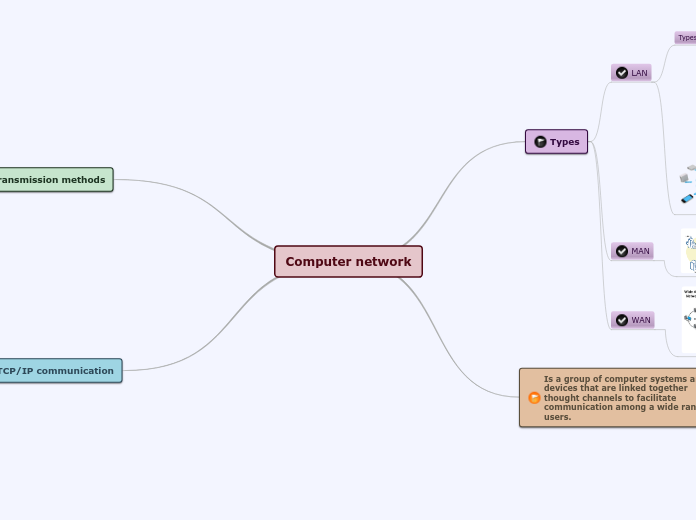par Scaleny Dakk Il y a 10 années
2200
Aids
HIV is the initial infection that can lead to the development of AIDS. Transmission of HIV occurs through contact with infected blood, vaginal fluid, semen, and breast milk. Common ways of contracting HIV include having unprotected sex with an infected person, sharing needles, and from mother to child during birth or breastfeeding.









